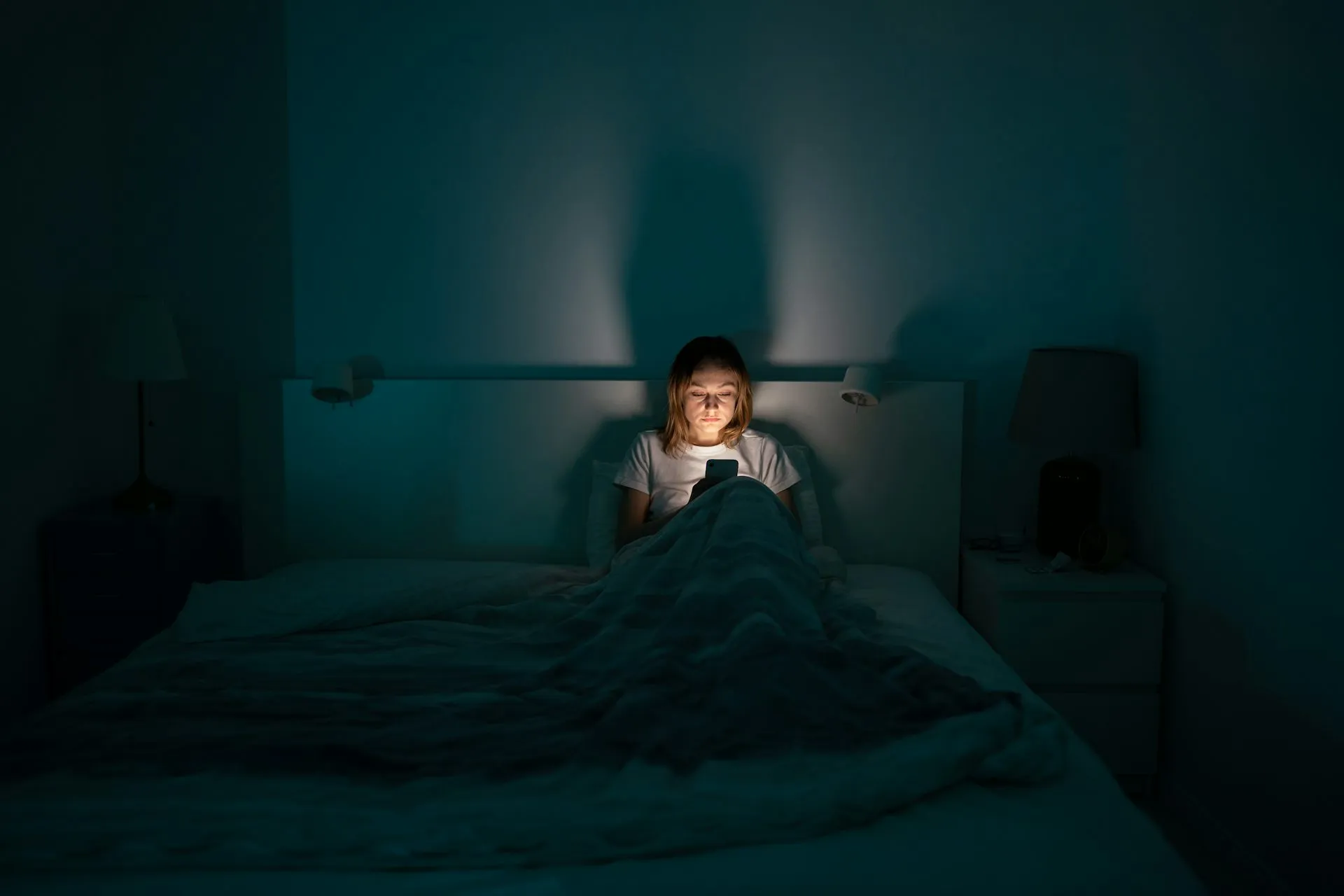Cognitive Bias and Sleep: Exploring the Link to Conspiracy Theories

Cognitive Bias and Its Impact
Cognitive bias plays a significant role in shaping our perceptions of reality, especially in times of uncertainty. Research shows that individuals with sleep disturbances are often more susceptible to these biases, contributing to their belief in conspiracy theories.
How Sleep Quality Influences Belief Systems
- Poor sleep quality can heighten a person's tendency towards irrational beliefs.
- Studies indicate a direct correlation between sleep duration and cognitive function, affecting decision-making.
- People experiencing depression tend to have altered cognitive processing, making them more prone to conspiracy theories.
The Role of Depression
Depression is a significant factor influencing cognitive bias. Individuals suffering from depression often struggle with clear thinking. This can lead to misinterpretations of events and an increased likelihood of endorsing conspiracy theories.
- Individuals with depression often face sleep challenges that exacerbate their condition.
- Addressing sleep disturbances may help mitigate cognitive biases.
Exploring the relationship between sleep, cognitive bias, and conspiracy theories reveals a complex interaction that reinforces negative belief systems.
Disclaimer: The information provided on this site is for informational purposes only and is not intended as medical advice. We are not responsible for any actions taken based on the content of this site. Always consult a qualified healthcare provider for medical advice, diagnosis, and treatment. We source our news from reputable sources and provide links to the original articles. We do not endorse or assume responsibility for the accuracy of the information contained in external sources.
This article was prepared using information from open sources in accordance with the principles of Ethical Policy. The editorial team is not responsible for absolute accuracy, as it relies on data from the sources referenced.